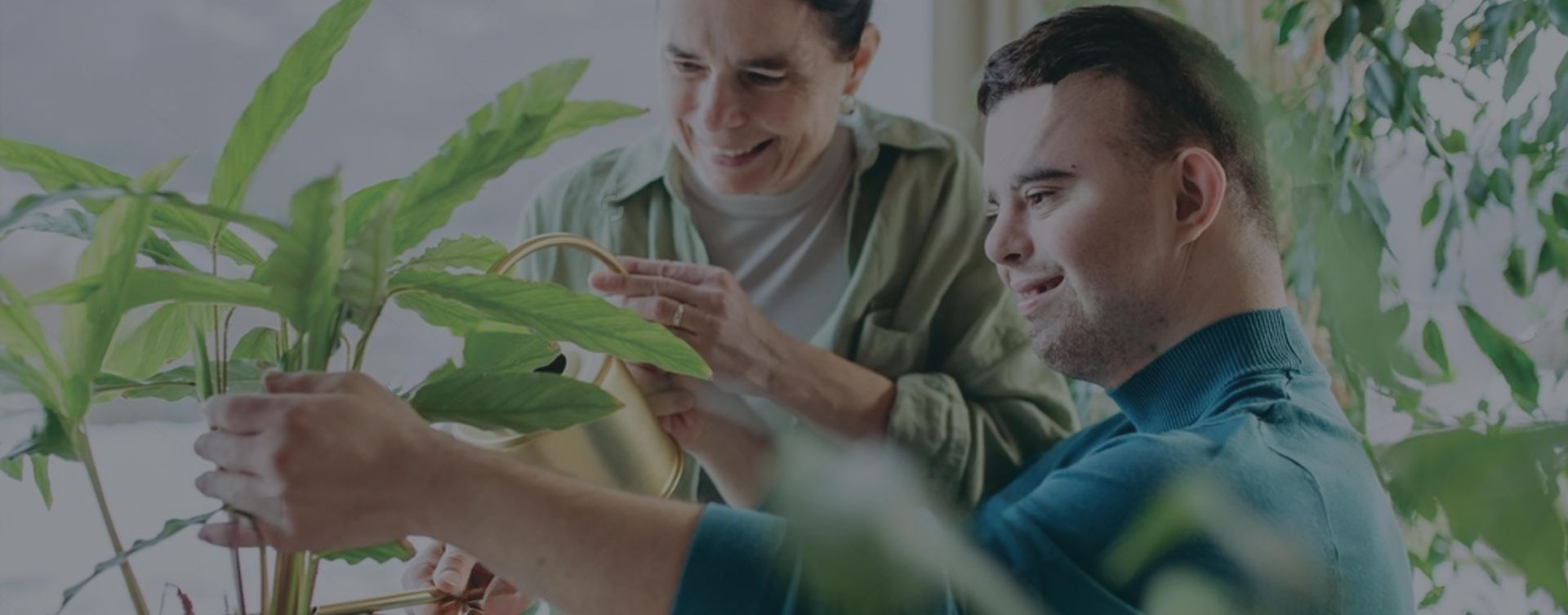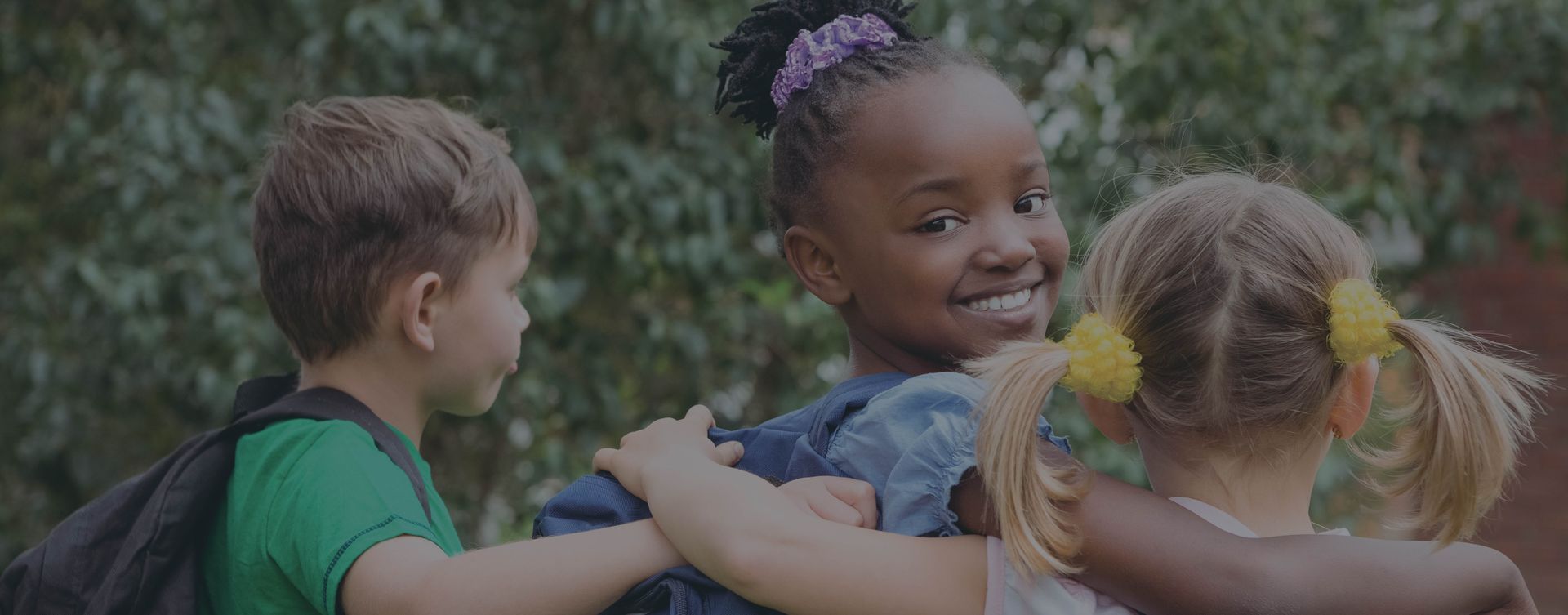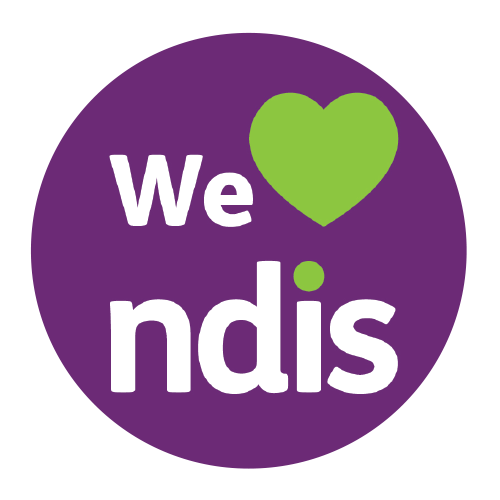My Health - My Right
Today on International World Health Day, the United Nations Organisation has championed the campaign ‘My Health – My Right’. In a time where the World has been thrust into chaos, we recognise the integral human right to advocate for access to healthcare for all individuals. With healthcare under threat around the world, the rate of disease and disability is rising dramatically – leading to a devastating loss of life through discrimination, misinformation, and awareness of the plight of individuals.
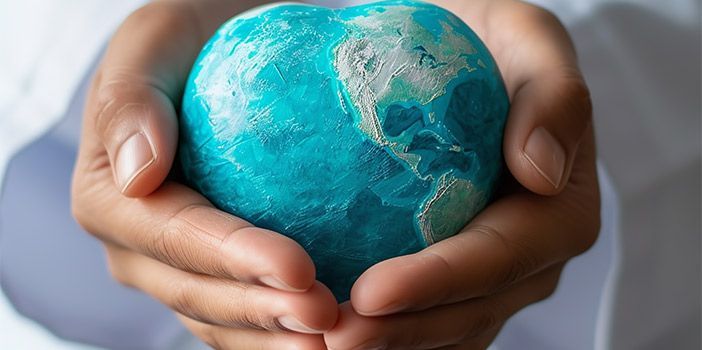
At Health Staff Australia, we stand proud in our advocacy of access to healthcare for all individuals. Our stance on quality care and access to intervention for those with disabilities, is something we pride ourselves on and is a cause we maintain and stand by every day of the year.
We are proud to be a part of the network involved with the National Disability Insurance Scheme in Australia. The NDIS provides pivotal financial support and access to services to all Australians struggling with disability and helps to ensure that everyone is seen, heard, and given the correct treatment – with the utmost respect.
We encourage open communication with our participants, to speak out about their needs and changes that come about in their care. Whether it be mental or physical disability, we do not discriminate. We are proud of our team of Nurses and Carers, who are consistently playing an active role in bringing to our attention areas that require additional support, laying the foundation for us to provide better access to educational resources for both the team and top tier care for our participants.
As determined by the World Health Organisation, it is important for all individuals to know their basic rights when it comes to healthcare.
Know Your Health Rights
- You have the right to safe and quality care, without any discrimination.
- You have the right to privacy and confidentiality of your health information.
- You have the right to information about your treatment and informed consent.
- You have the right to Bodily Autonomy and Integrity.
You have the right to make your own decisions about your health.
Your right to health is a Basic Human Right
Everyone should have access to health care services when and where they need them. The denial of this access goes against humanitarian law and if you feel this is compromised, here are some actions to take:
- Advocate – be this through your community or government, you have the right to speak out about a lack of services or discrimination of any kind. You can join health communities, sign petitions, and participate in community discussions.
- Organise your community (through work, church, or other organisations) and have open discussions on what needs to change here and now!
The NDIS greatly values advocacy without discrimination for all participants, which is critical in their role in the community. To learn more about how the NDIS champions advocacy and how they can assist you, visit the NDIS Advocacy Support Page for information on how an Advocate can assist you; whether it be assistance in obtaining the necessary support, assessments for treatment or lodging complaints.
Your Voice Matters!
For more information on how Health Staff Australia participates with the NDIS to assist our participants, please see our NDIS blog, which provides valuable information on how we can support you as an NDIS service provider and how the NDIS supports individuals.
Please contact us at info@healthstaff.au for further information or queries.
We operate on a 24/7, 365 basis and are always on hand to answer your questions.
